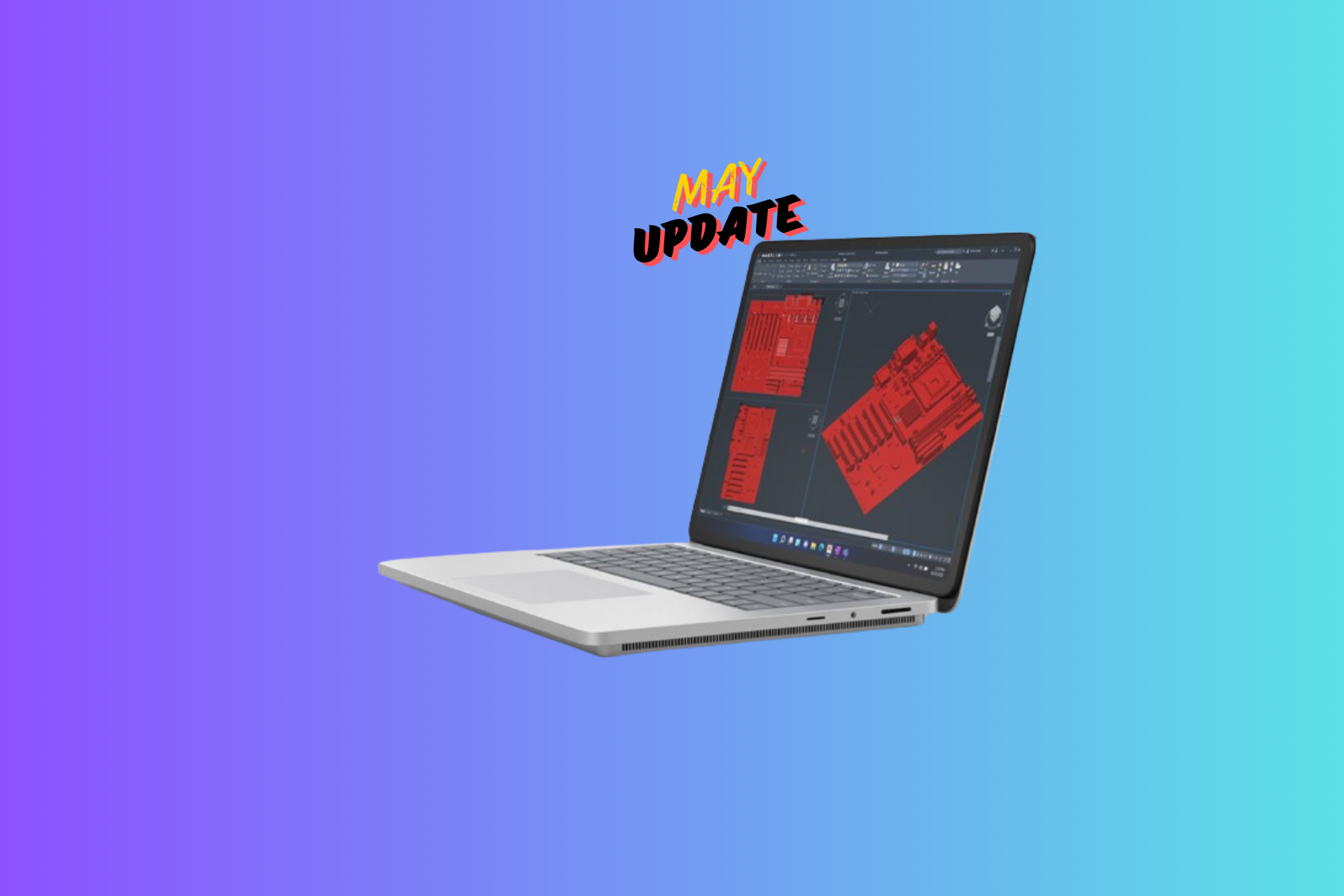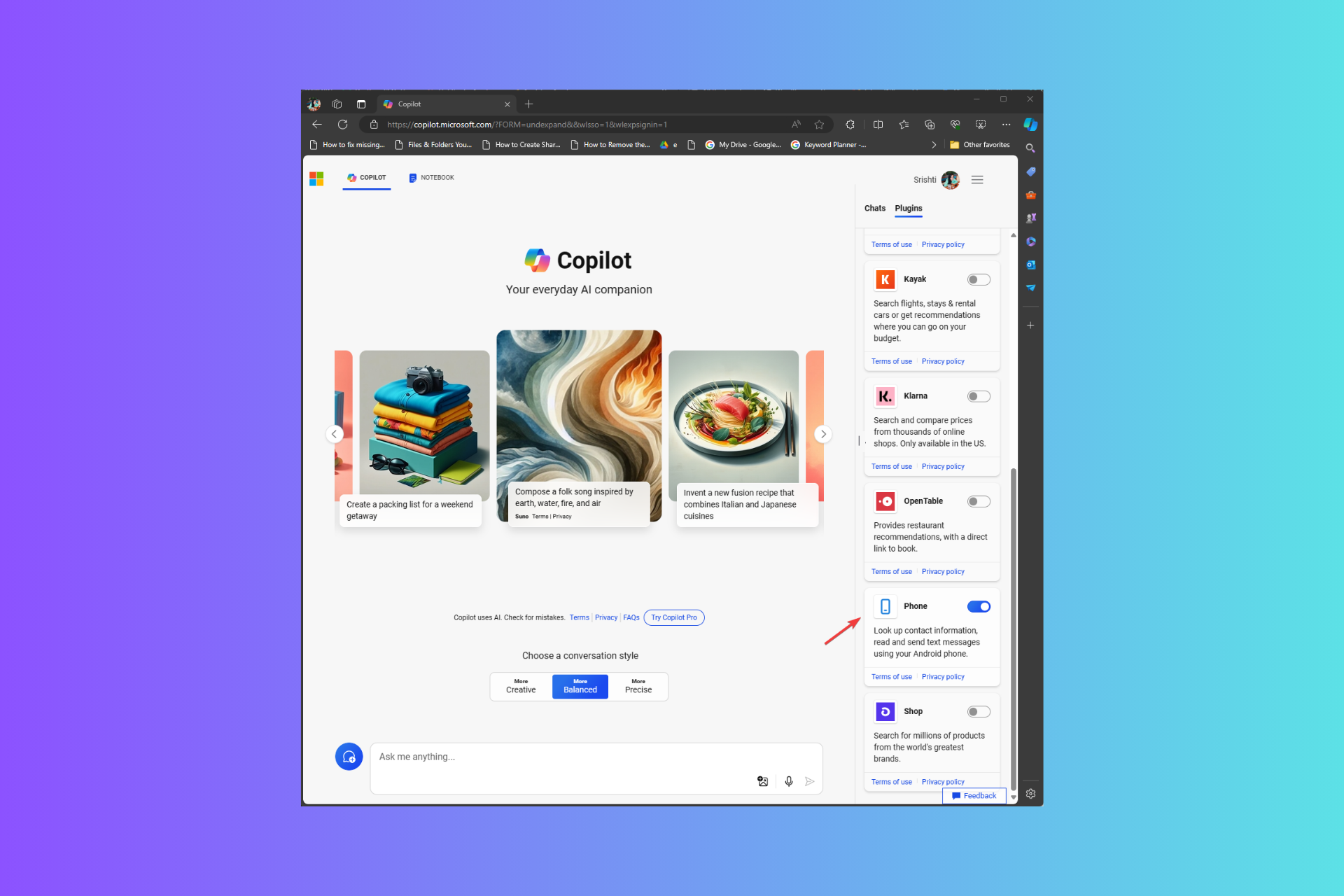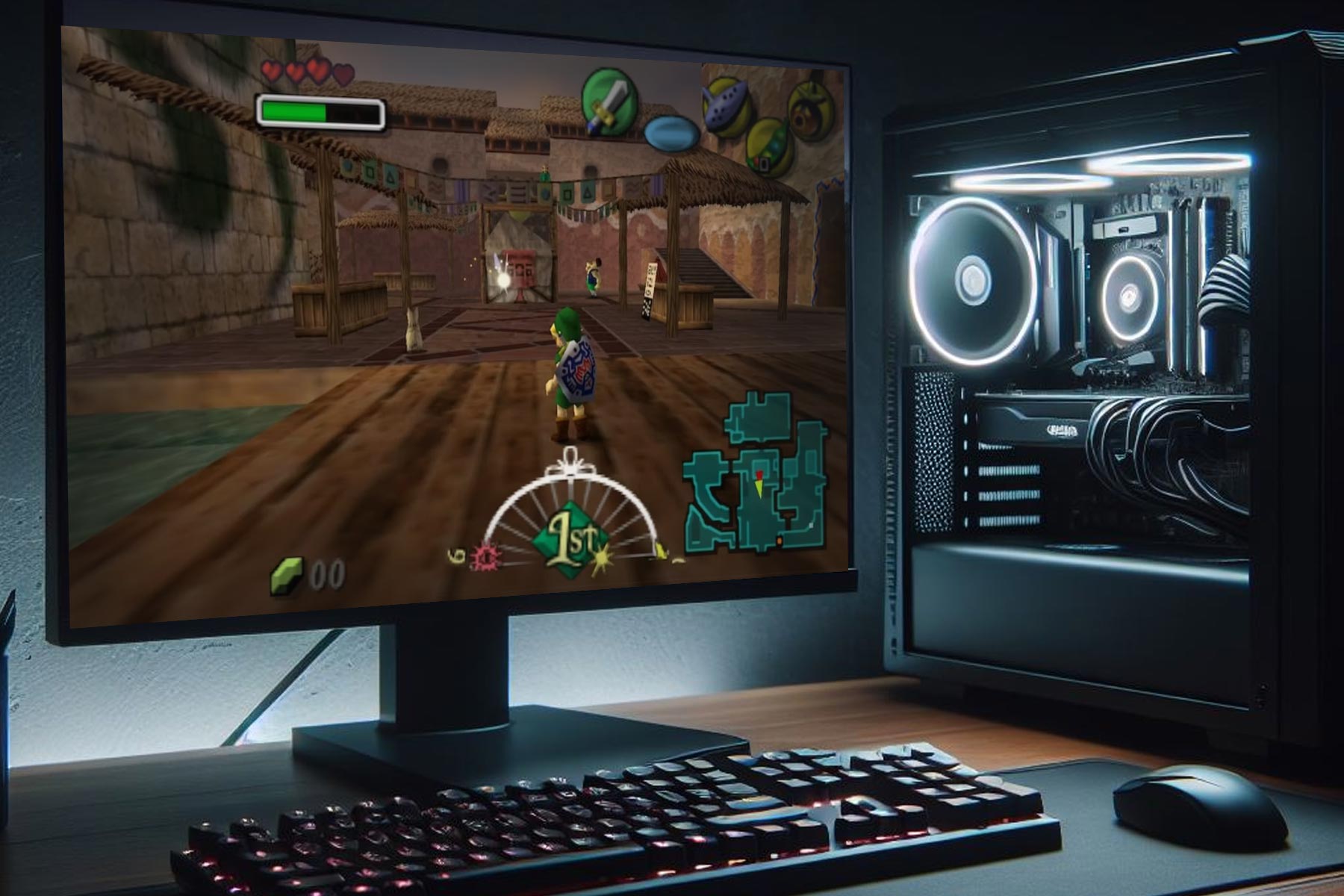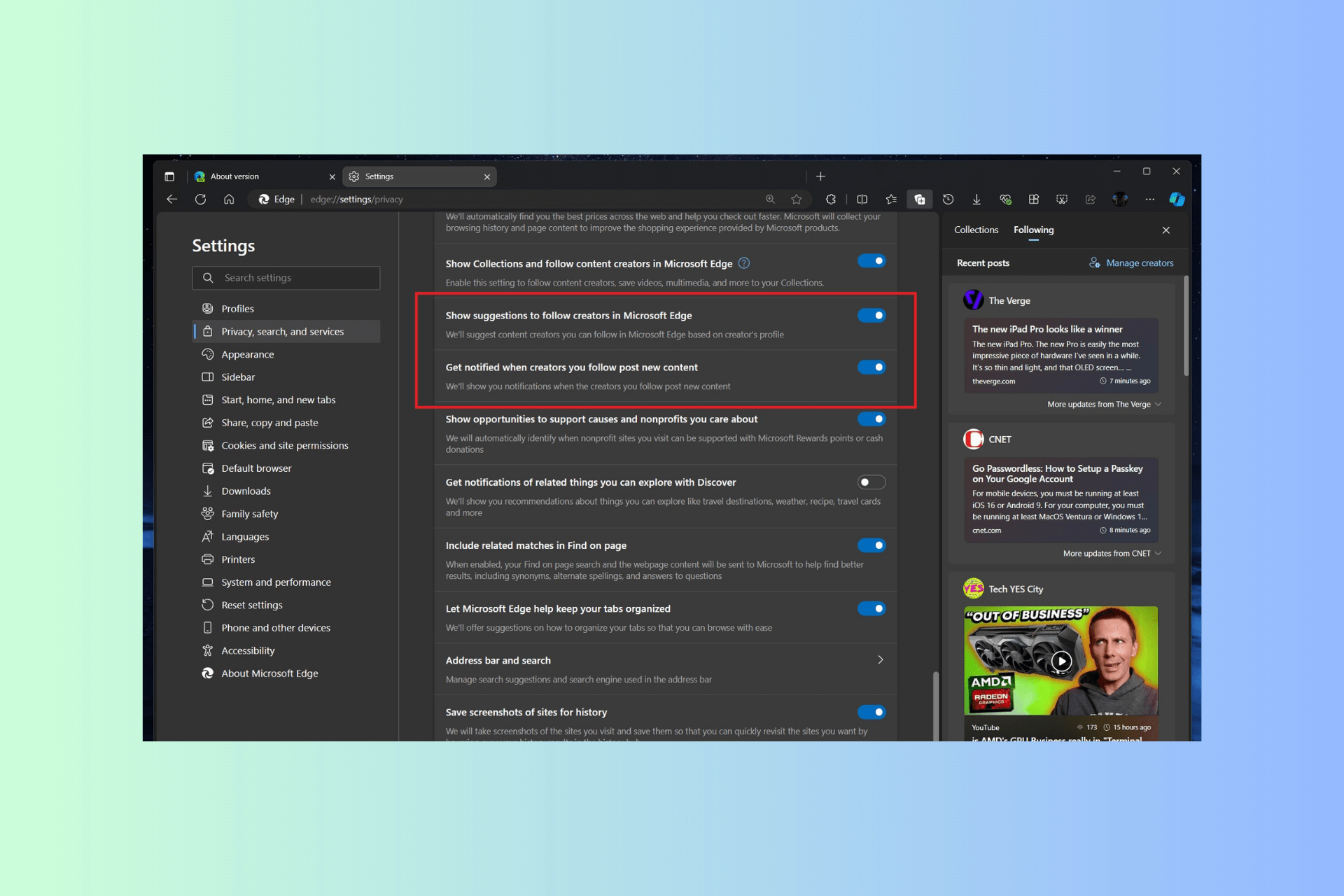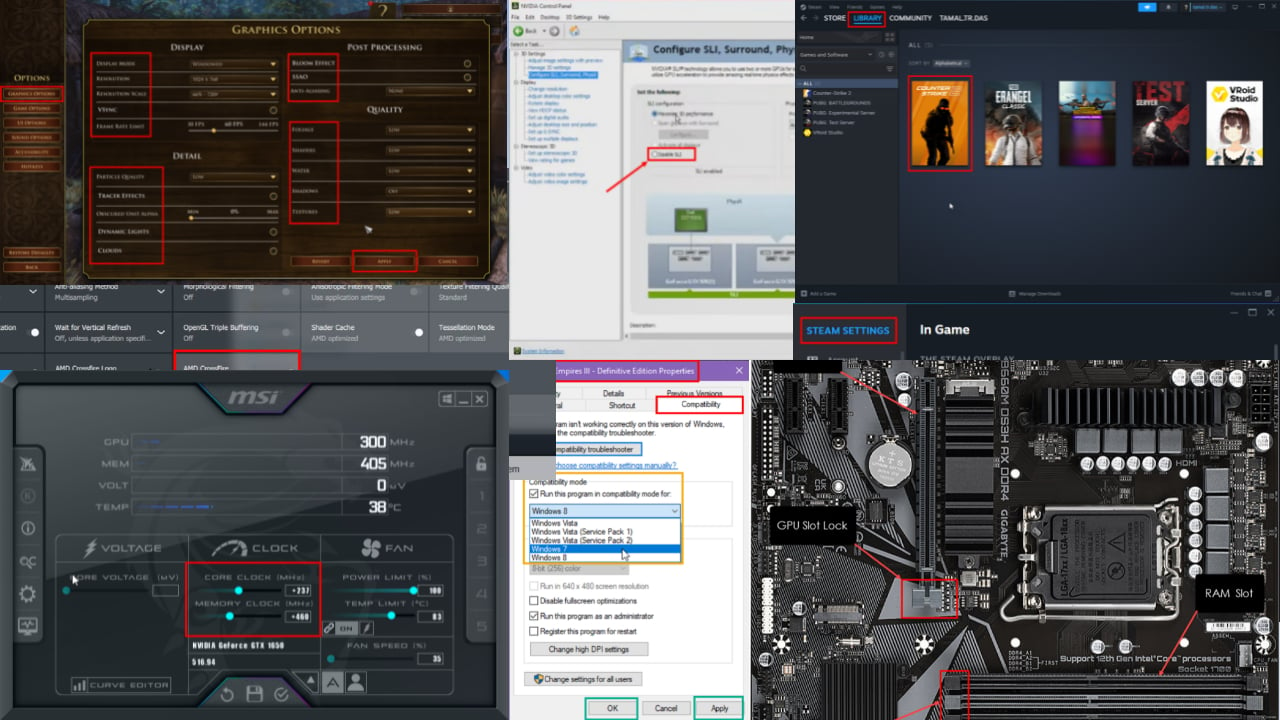Here's how you can build your AI on your local device with Windows AI Studio
We will get a first glimpse of Windows AI Studio in action soon.
3 min. read
Published on
Read our disclosure page to find out how can you help Windows Report sustain the editorial team Read more

Microsoft made some important announcements at the Microsoft Ignite conference, in Seattle. With a heavy focus on AI, the Redmond-based tech giant announced Microsoft Copilot Studio, which will allow users to create, publish, and similarly monetize their Copilots to OpenAI’s GPTs.
The event also unveiled Microsoft’s first chips, the Microsoft Azure Maia AI Accelerator, and the Microsoft Azure Cobalt CPU, both coming in 2024, and the Azure text-to-speech avatars, which are very useful tools to have, except for the fact that they’re still uncanny.
However, as all the bets are placed on AI, Microsoft also announced the release of the Windows AI Studio, a brand new platform that will allow developers, or any other Windows user, to build their own AI models locally, on a Windows-running device.
Today we are excited to announce Windows AI Studio, a new AI experience to help enterprises and developers jumpstart local AI development and deployment on Windows.
Microsoft
The Windows AI Studio will provide a list of state-of-the-art (SOTA) models including Llama 2-7B, Mistral-7B, Falcon-7B, and Stable Diffusion XL, that will be added to the platform in future updates, so it’s safe to say users will have all they need to build their own AI on a local Windows machine.
How can users build AI models with Windows AI Studio?
Microsoft hasn’t revealed too much just yet, and the Redmond-based tech giant said that the users will get a glimpse of the studio in the following weeks, as a VS Code extension, but the company promises that we’ll be able to build generative AI models ourselves.
Windows AI Studio simplifies generative AI app development by bringing together cutting-edge AI development tools and models from Azure AI Studio and other catalogs like Hugging Face, enabling developers to fine-tune, customize and deploy state-of-the-art small language models, or SLMs, for local use in their Windows apps.
Microsoft
The company also presented a roadmap for developing AI models on Windows AI Studio:
- Windows AI Studio: AI Studio will be extended to Windows through VS Code
- Model Selection: Curated list of models coming from HuggingFace and Azure
- Fine-tuning: Utilize QLoRA through Olive to generate a quantized model with low-rank adapters.
- Model evaluation: Model-validation for the fine-tune task.
- Model optimization: Onyx conversion and post-finetune optimization through Olive.
- Model integration: Deploy into application for inference through ORT.
Here’s how the Windows AI Studio looks as a VS extension:

It’s worth mentioning that Windows AI Studio might not be a friendly platform, as this new experience is aimed at IT developers who are passionate about AI.
So, if you’re not into software development, you should try the new Microsoft Copilot Studio instead, which lets you build personalized Copilots using natural language.


